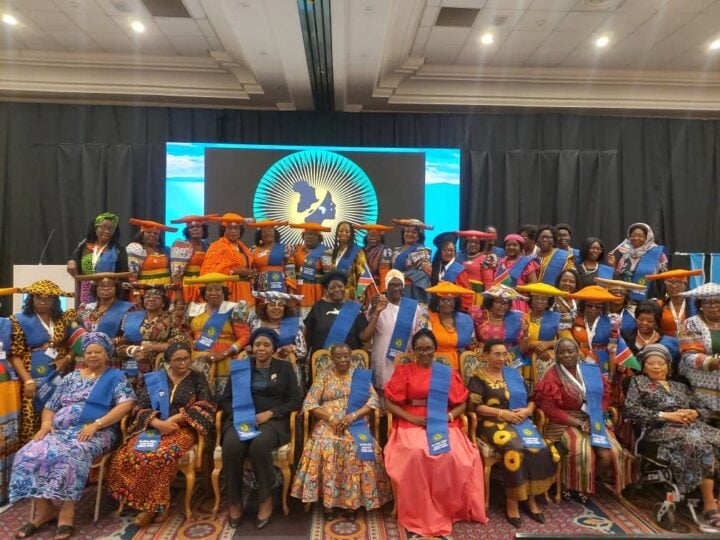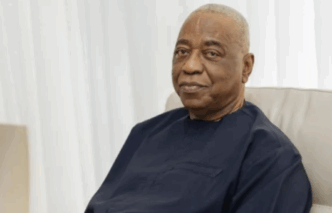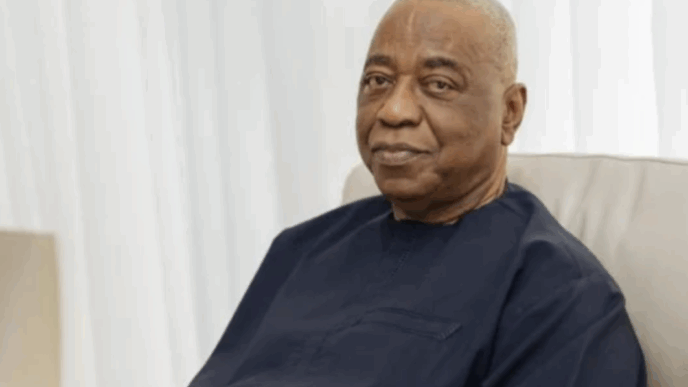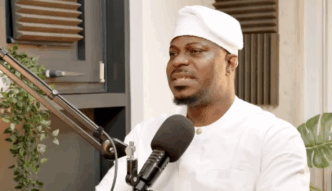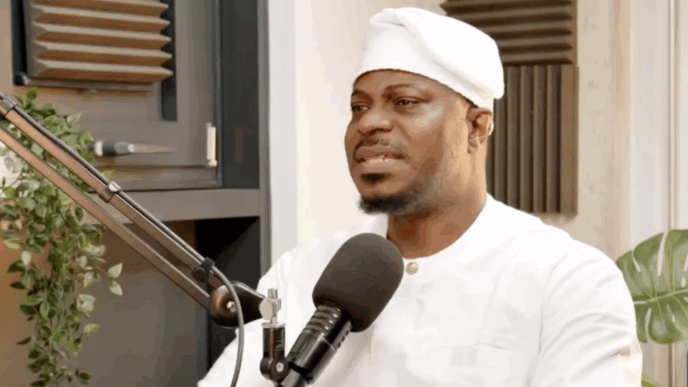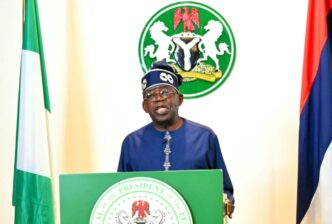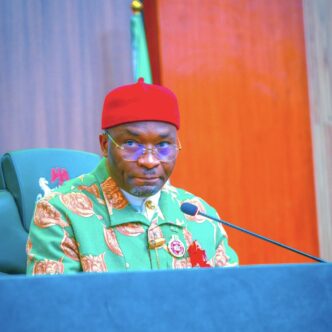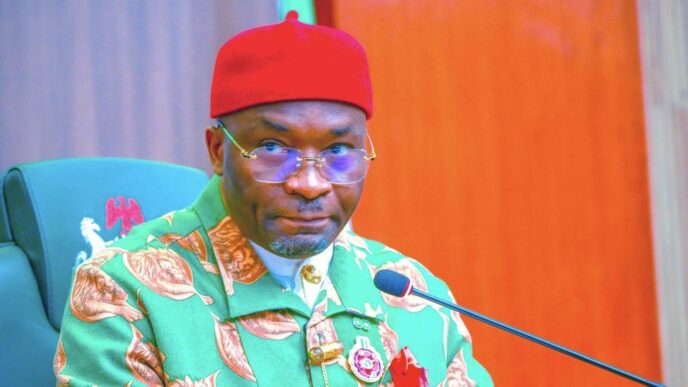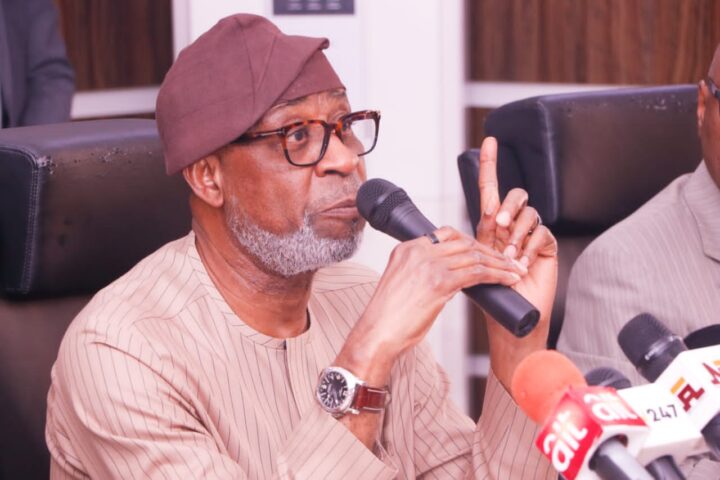Nigeria has pledged to support more than 15 million widows through its Renewed Hope Social Impact Programmes, unveiled at the African Widows Summit (TAWS) 2025 in Windhoek, Namibia.
Toun Sonaiya, representative of Imaan Sulaiman-Ibrahim, the minister of women affairs, told delegates that the initiatives include enrollment into the National Health Insurance Scheme (NHIS), agricultural empowerment through the WAVE Project, and digital financial literacy training via the Happy Woman app.
“Widows must be recognised as agents of economic transformation, not dependents,” she said, adding that Nigeria’s commitment reflects President Bola Tinubu’s broader social protection agenda.
Lucy Okukpon, director of the Centre for Gender Studies at the University of Benin, noted how harmful widowhood practices persist despite legal protections.
Advertisement
She called for grassroots education and enforcement, describing widowhood as both a public health and social justice issue.
The summit, which brought together over 400 participants including African first ladies, ministers, traditional leaders, academics and civil society groups, was convened by the Pan-African Widows Growth and Development Initiative (PAWGADI) under the theme ‘Widowhood in Africa: Building a Sustainable Culture’.
Namibia, the host nation, pledged to integrate widowhood into gender and social protection frameworks, while Tanzania unveiled the continent’s first national guideline for coordination of widow interventions.
Advertisement
Civil society leaders from Kenya, Burundi and Uganda pressed for grassroots legal enforcement, widow-led advisory councils and reforms to eliminate harmful practices.
The gathering culminated in the adoption of the African Widows Inclusion Framework, a continental roadmap urging governments and the African Union to mainstream widowhood into Agenda 2063, enforce protective laws, and establish widow-led advisory councils.
The framework also implored donors to fund widow-specific programmes, on traditional leaders to challenge stigma, and on all Africans to reframe widows not as dependents but as partners in transformation.
Advertisement
